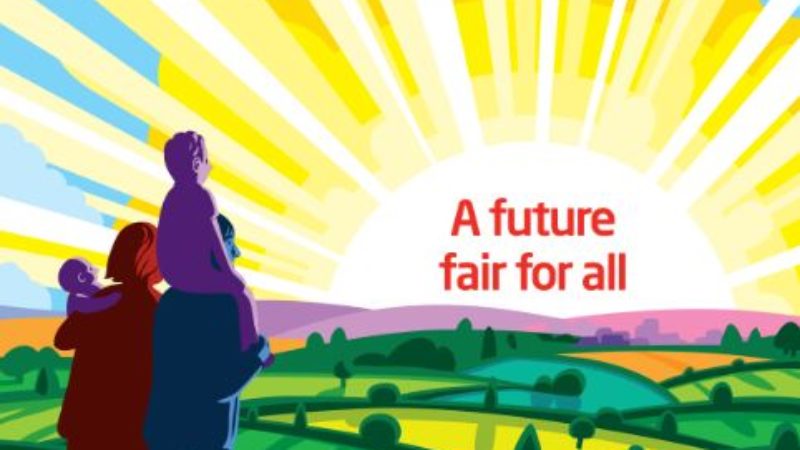
Although the general election still seems a long way off, this year is one that will really matter in terms of developing policy and shaping what the party manifestos look like.
Given the amount of time and effort that goes into producing election manifestos, the number of people who actually read them is frighteningly small. Every campaign, parties make determined efforts to get them onto shelves but their sales hardly threaten JK Rowling or even the authors of well-known political diaries (still available in all good book shops)….
But for the millions of voters who decide the election outcome…well for the overwhelming majority, life’s too short.
That does not mean manifestos can be dismissed as vanity publishing. Their contents shape the campaign and, you hope, your years in Government. The decision to rule out a rise in either the basic or top rate of income tax before the 1997 election was not just critical in persuading the country to trust us on the economy but set a direction for the Government.
It also explains why the launch of the manifesto is a vital moment in any election campaign. It is each party’s day in the sun. Get it right and your campaign momentum can be unstoppable.
Get it wrong and it can be hard to recover – although we still managed to win in 2001 despite Sharon Storer haranguing Tony Blair outside a hospital, Jack Straw being slow-hand-clapped by the Police Federation, and John Prescott punching a protestor all somewhat taking the edge off our launch. So much for being a control-freak.
Getting it right means more than a manifesto containing a policy for every issue or interest group – a mistake Labour made plenty of times in the past. It has to be a programme with direction and coherence. A strategy for Government, not just a package of (hopefully) attractive measures.
Nor can you forget what is in your manifesto when you arrive in Government. Ask Nick Clegg what happens if you do. And what’s left out can be just as dangerous as what’s included. Look at how Cameron’s party opponents use the absence of gay marriage from the manifesto to oppose it. A manifesto forces discipline on sometimes reluctant MPs and party.
As we reach the halfway stage between elections, we should see the party leaders setting out the framework into which their policies will fit. Ed Miliband has signalled his intention with his One Nation speech.
Next he will have to work out detailed economic policy, something which the government has sought to make into a problem with their incessant ‘all Labour’s fault/mess we inherited’ mantra, against which Labour have not pushed back hard enough. But there is time to develop and communicate strategy and policy in a way that builds credibility.
Once the solid economic foundations are laid, the other issues can be addressed in detail. Governments have to develop and enact policy all the time. Oppositions have a little more flexibility. But we are now entering the stage when the Road to the Manifesto begins. Decisions made now will shape the final document and, even if the readership figures are low, its contents will go a long way towards deciding whether David Cameron or Ed Miliband is Prime Minister in 2015.
A longer version of this essay is included in Portland’s new publication ‘Road to the Manifestos’, with further contributions by Michael Portillo and James O’Shaughnessy




More from LabourList
‘Like changes to winter fuel allowance, lifting the two-child cap may be easy in Parliament — and risky everywhere else’
‘No racist is going to make me feel I don’t belong’: Shabana Mahmood on resilience, faith and public service
Delivering in Government: your weekly round up of good news Labour stories